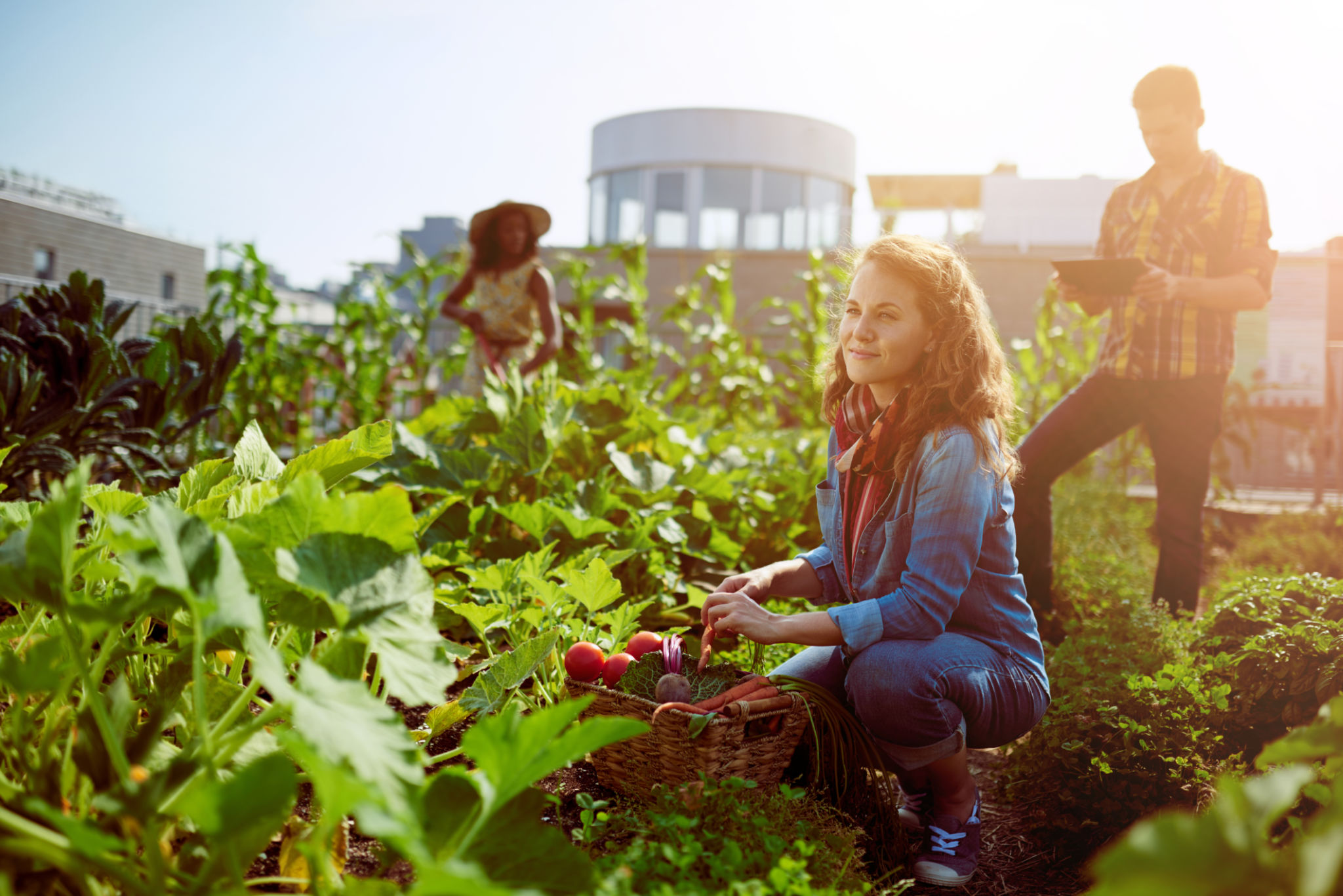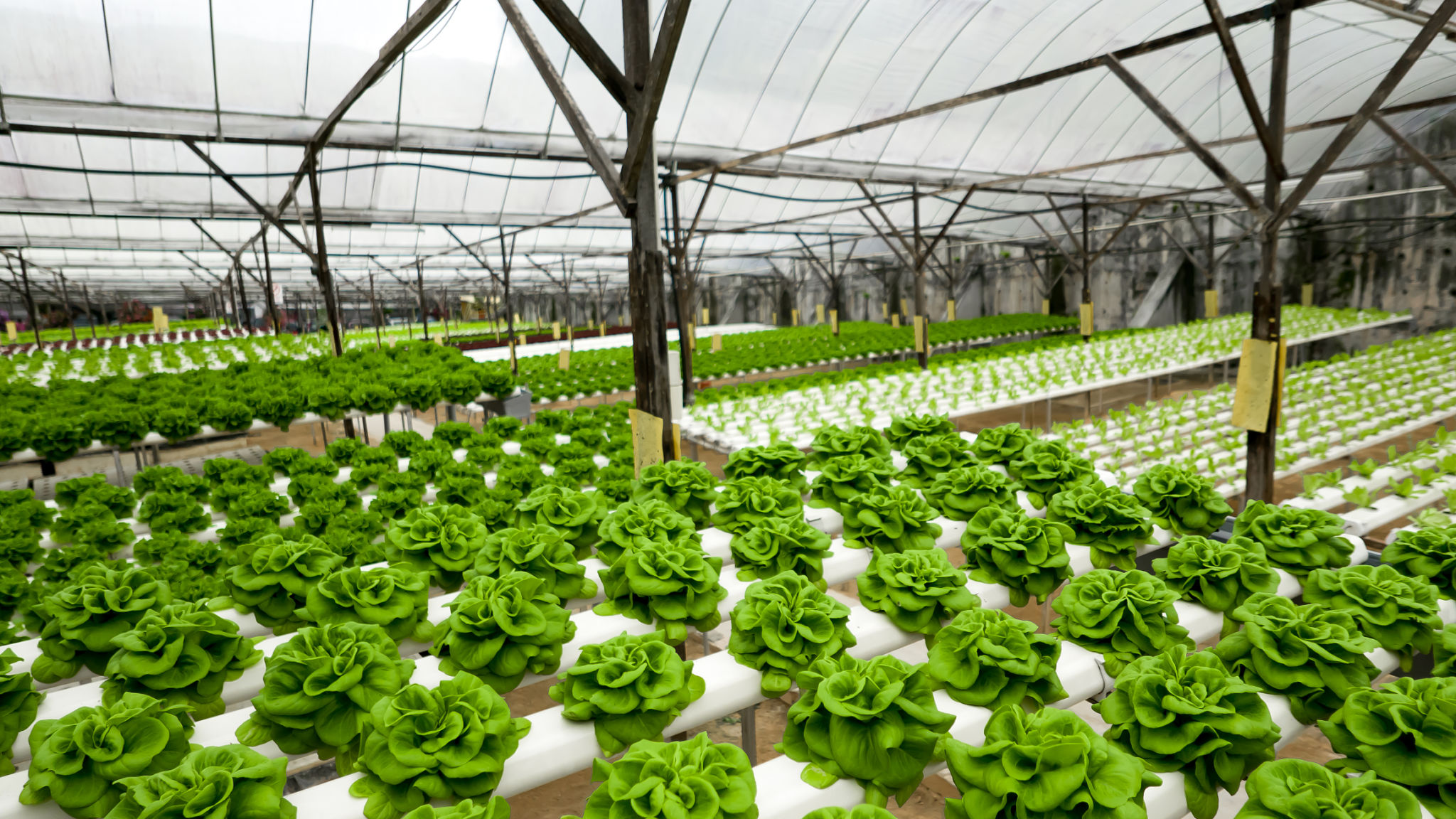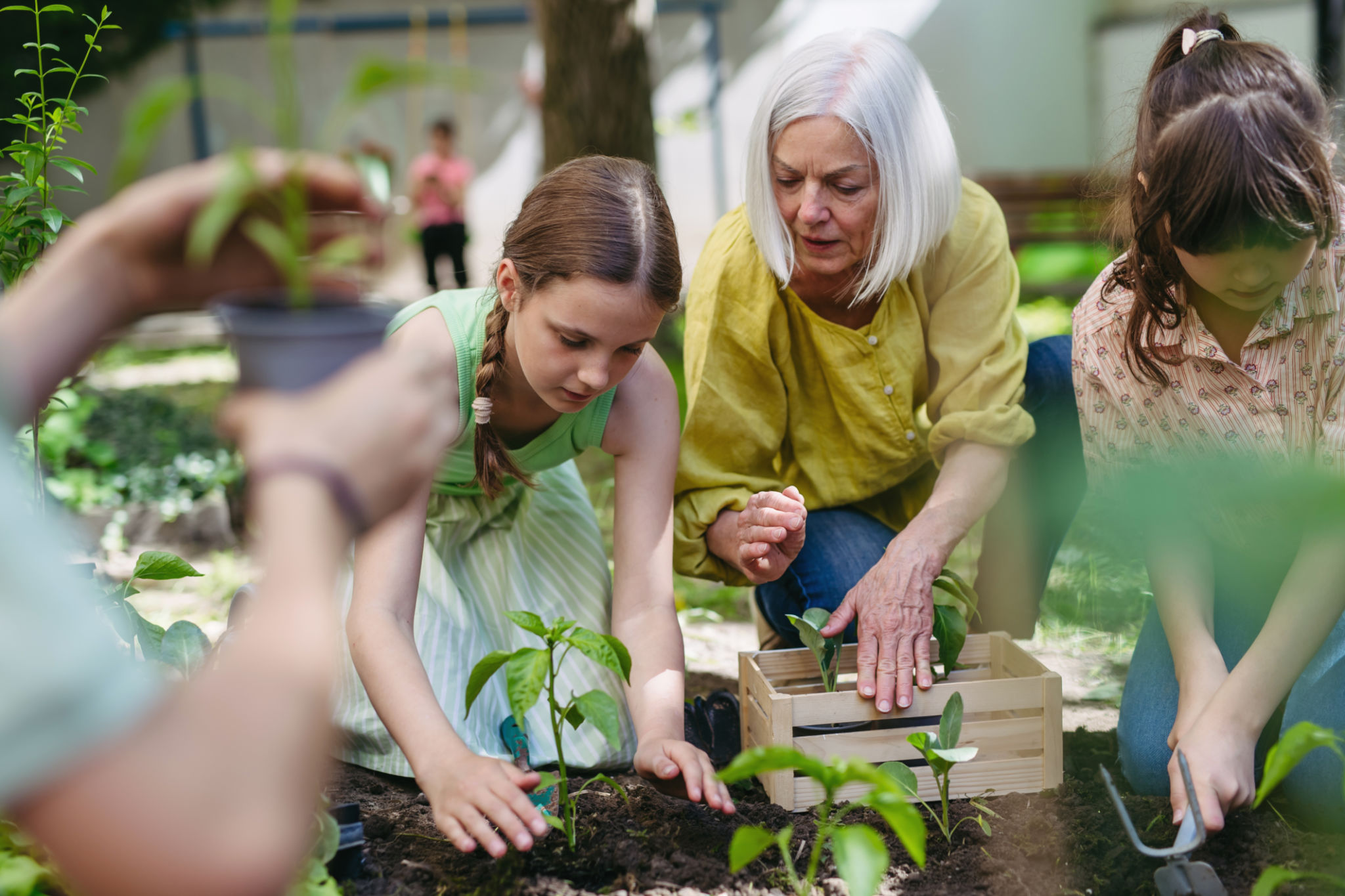Top Trends in Urban Gardening: Innovations and Techniques
Introduction to Urban Gardening
Urban gardening has become a significant trend in recent years, as more people look for ways to connect with nature amidst the concrete jungle. From small balconies to rooftop spaces, urban dwellers are transforming their limited spaces into lush, green havens. This burgeoning interest has spurred numerous innovations and techniques aimed at maximizing yield and sustainability in confined environments.

Vertical Gardening: Maximizing Space
One of the most popular techniques in urban gardening is vertical gardening. This method involves growing plants upwards on structures like walls or trellises, making it ideal for small spaces. Vertical gardens can be created using various materials such as recycled bottles, pallets, or specially designed wall planters. This not only saves space but also enhances the aesthetic appeal of any area.
Vertical gardens can support a variety of plants, from herbs and vegetables to flowers and even small fruit-bearing trees. The key is to choose plants that thrive in the specific light conditions of your space. Additionally, vertical systems can be easily integrated with automated irrigation systems, ensuring your plants receive the right amount of water without manual intervention.
Hydroponics: Soil-Free Gardening
Hydroponics, a method of growing plants without soil by using nutrient-rich water, has gained traction among urban gardeners. This technique allows for precise control over the nutrients delivered to plants, often resulting in faster growth and higher yields. Hydroponic systems can be set up in a variety of spaces, from small indoor units to larger balcony installations.

One of the main advantages of hydroponics is the efficient use of water, making it a sustainable choice for urban settings where water conservation is crucial. Additionally, hydroponic gardens are less prone to pests and diseases that typically affect soil-grown plants, reducing the need for chemical pesticides.
Community Gardens: Cultivating Together
Community gardens are a fantastic way for urban residents to collaborate and share resources while enjoying the benefits of gardening. These shared spaces foster community spirit and provide access to fresh produce for those who may not have their own gardening areas. Community gardens often include shared tools, seeds, and knowledge, creating an inclusive environment for gardeners of all skill levels.
Participating in a community garden can also have social and mental health benefits, offering a sense of belonging and reducing stress through interaction with nature and fellow gardeners. Many cities are now supporting community gardening initiatives by allocating public land for their development.

Smart Gardening Technologies
The integration of technology into urban gardening has led to the emergence of smart gardening tools. From app-controlled irrigation systems to sensors that monitor soil moisture and plant health, these innovations enable gardeners to maintain their green spaces more efficiently. Smart planters that adjust water and light levels based on plant needs are also becoming increasingly popular.
These technologies help urban gardeners optimize their limited resources and ensure their plants thrive with minimal effort. Moreover, they provide valuable data that can be used to make informed decisions about plant care and garden management.
Sustainability: The Future of Urban Gardening
Sustainability is at the heart of modern urban gardening practices. Techniques such as composting, rainwater harvesting, and using organic fertilizers are becoming commonplace among urban gardeners aiming to reduce their environmental impact. Additionally, the use of native or drought-resistant plants helps conserve water and supports local biodiversity.
Urban gardening not only contributes to individual well-being but also plays a role in enhancing urban ecosystems. By adopting sustainable practices, urban gardeners can create green spaces that benefit both people and the planet.

Conclusion
The rise of urban gardening reflects a growing movement towards sustainability and self-sufficiency in city environments. With innovative techniques like vertical gardening, hydroponics, and smart technologies, even the smallest spaces can be transformed into productive gardens. As more people embrace this trend, urban areas will continue to become greener and more connected to nature, offering a breath of fresh air amidst the hustle and bustle of city life.
